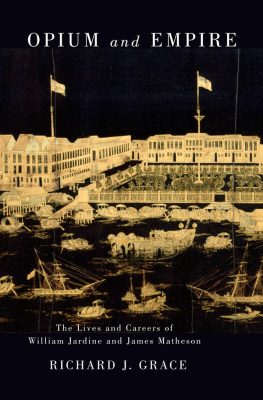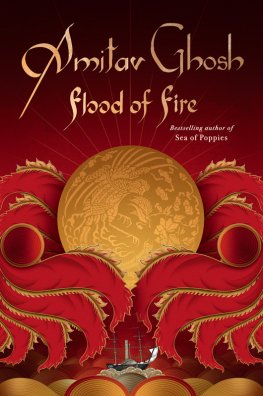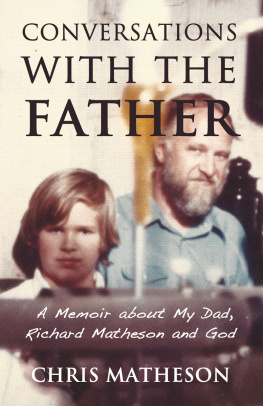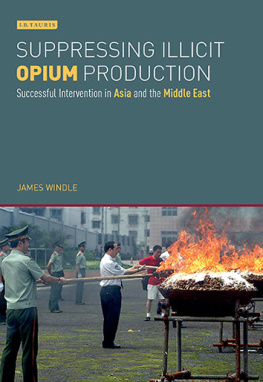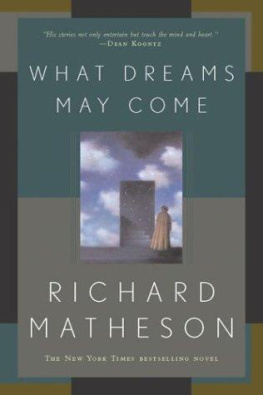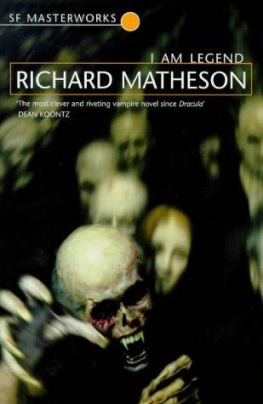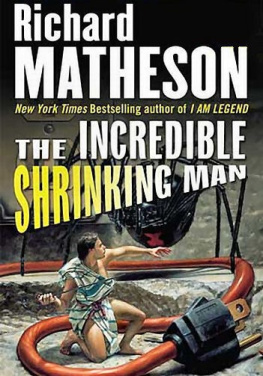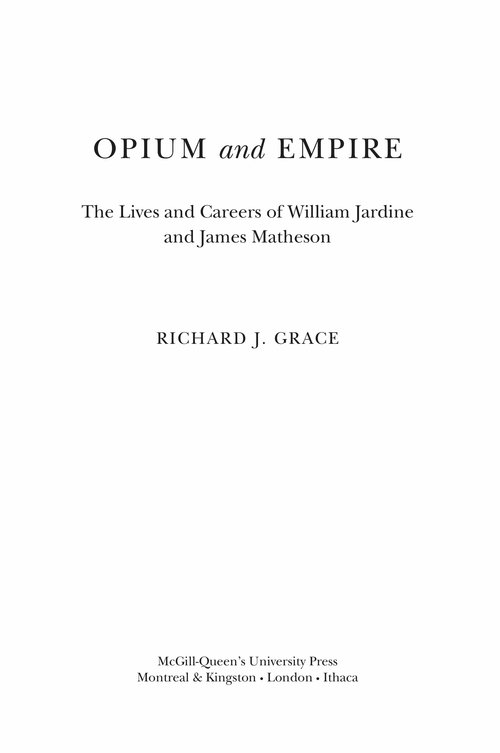For Sadie and Bud my mother who taught me to love history and my father who taught me how to tell a story well.
McGill-Queens University Press 2014
ISBN 978-0-7735-4452-9 (cloth)
ISBN 978-0-7735-4726-1 (paper)
ISBN 978-0-7735-9681-8 (ePDF)
ISBN 978-0-7735-9682-5 (ePUB)
Legal deposit fourth quarter 2014
Bibliothque nationale du Qubec
First paperback edition 2016
Printed in Canada on acid-free paper that is 100 % ancient forest free
(100 % post-consumer recycled), processed chlorine free
McGill-Queens University Press acknowledges the support of the Canada Council for the Arts for our publishing program. We also acknowledge the financial support of the Government of Canada through the Canada Book Fund for our publishing activities.
Library and Archives Canada Cataloguing in Publication
Grace, Richard J., 1940, author
Opium and empire: the lives and careers of William Jardine
and James Matheson /Richard J. Grace.
Includes bibliographical references and index.
Issued in print and electronic formats.
ISBN 978-0-7735-4452-9 (bound). ISBN 978-0-7735-4726-1 (paper)
ISBN 978-0-7735-9681-8 (ePDF). ISBN 978-0-7735-9682-5 (ePUB)
1. Jardine, William, 17841843. 2. Matheson, James, 17961878.
3. Jardine, Matheson & Co. History. 4. Great Britain Commerce
China History 19th century. 5. China Commerce Great Britain
History 19th century. 6. China History Opium War, 18401842.
7. Businesspeople Great Britain Biography. I. Title.
HF486. J372G73 2014 382.0941'05109034 C2014-903880-1
C2014-903881-X
This book was typeset by Interscript.
FOREWORD
My aim is to tell the story of two lives that were interwoven by their partnership in commerce and by their influence on British government in the early Victorian period. Along the way, I intend to demonstrate that these two men, William Jardine and James Matheson, serve as test cases corroborating the Cain-Hopkins thesis of gentlemanly capitalism in the growth of the Victorian empire.
Others have told the story of the expansion of the empire in South Asia and East Asia more deliberately than I intend to do in this book, which is more concerned with the two lives in the foreground than with the fullness of the imperial narrative that surrounds them. To give the reader some depth of context for their lives and activities, it has been necessary to provide detailed information about the settings and circumstances in which they operated (such as British trade with India and East Asia, the Canton System, the origins of the first Opium War, and the conditions of life in the Hebrides). All that is essential background for a reader new to this arena of history, but it is not my central purpose. Nor have I been principally concerned with retelling the history of Jardine, Matheson and Company, whose lifespan extends to this day and goes far beyond the temporal boundaries of the combined biographies. The history of that firm has been done ably by other writers in several instances.
What I propose to offer the reader is a microcosm of the imperial experience, the account of a collaboration of two entrepreneurs in British trade in East Asia in the 1820s and 1830s, and their lives preceding and following the commercial and political drama at Canton in which they played such prominent roles. It is a study of empire writ small informal empire, in which these agents of history are not Hegelian world-historical figures, though their impact on the events of their time was extraordinary. Rather, my book is history on a human scale which tells of the personalities, trials, challenges, mistakes, disappointments, and achievements of two Scots whose epic journey took them from post-Jacobite North Britain to the coast of China and eventually returned them to a much-changed Britain, decades after they had risked their futures on the tenuous commerce of the Celestial Empire.
Jardine and Matheson have often been recognized as giant figures on the scene at Macao and Canton and Hong Kong; but until this volume no one has offered a full-length biography of either man, let alone both of them. In numerous instances they have been caricatured by writers who mention them briefly, depicting them as one-dimensional villains whose opium commerce was ruthless and whose imperial drive was war-mongering. Such cardboard figures fail to represent with any adequacy the complex, multifaceted personal and business histories of Jardine and Matheson. This study attempts to explore the depth of each man, his complicated and sometimes inconsistent internal workings, and his successes and failures. It seeks to represent the two men as human beings, fallible like the rest of us, more influential than most of us, and, like all of us, ultimately accountable to our contemporaries, to history, and to God.
Since this study is essentially biography, rather than business history, the method of exposition employed here is primarily narrative. However, the narrative slows down in chapters seven and eight to allow the reader to examine at close range the partners business practices, their ideas of free trade, their political behaviour in relation to the Chinese and British governments, and their standards of business ethics.
The Scotland in which they were born was a land that was exporting many of its energetic young men because of its political subordination after the Union of 1707 and because of its enforced cultural change after the last Jacobite rising. Born in the late eighteenth century, they emerged from Scottish schools in the early nineteenth century determined to pursue careers in the East Indian trade. They returned home wealthy men, owing in large part to their involvement with the traffic in opium between sources in India and markets on the coast of China. The trade was illegal in China, but Jardine and Matheson were very talented at inventing ways to skirt the prohibition. During their commercial years, opium was not an internationally regulated substance, and it was readily available legally from many sources in Britain. But opium hardly tells the full story of their lies.
I have endeavored diligently to present these men as three-dimensional figures whose private lives were to some degree buried with them in Scotland at Lochmaben and Lairg. Much of the challenge confronting me has been to exhume those private lives and to reveal more about them than would be possible in a strategically distanced thesis about the informal empire built upon trade in East Asia. Jardine and Matheson left us volumes of personal correspondence about their commerce, but they also left us a trail of clues as to their inner selves, their letters speaking to us indirectly but clearly. My research into their story has involved detective work that was often frustrating, as in the case of the estate records for Lewis, Mathesons island in the Hebrides, which were consumed by fire at the Stornoway town hall in 1918. Piecing together the threads of their private lives from site visits, local histories, regional newspapers, genealogies, gravesites, and stray references in unlikely sources, with good luck and bad luck mixed in has been the most daunting dimension of this project.
When the threads are woven together, they constitute a remarkably colourful story which challenges the reader to assess the impact of these two figures on their times, just as it has challenged me. Taken together, their two lives tell us a great deal about the type of tough-minded men who expanded the global markets of Victorian Britain and played major roles in changing the course of modern history in East Asia.

